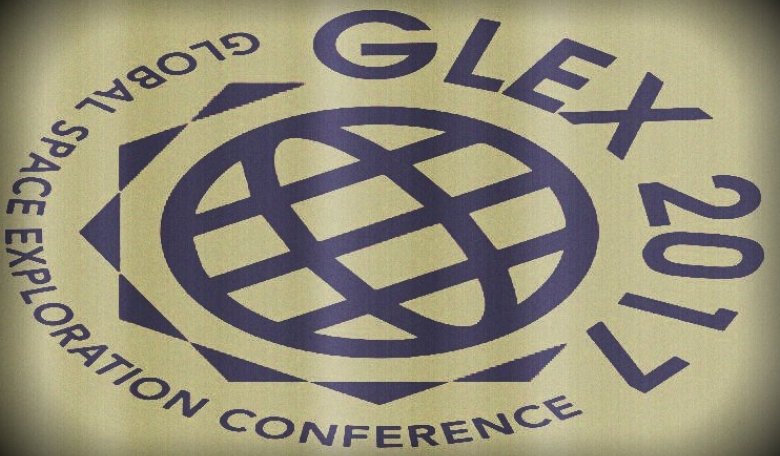On Tuesday 6 June 2017, the Host Plenary will be on The Development and Prospect of China's Space Activities.China’s space industry has developed rapidly and the space activities have played increasingly a more and more important role in China’s economic and social development. This plenary will bring together distinguished experts from local and abroad to introduce China’s developments in major space program, including manned spaceflight, lunar exploration, the Beidou Navigation System and high-resolution earth observation system, and substantial achievements in space science, technology and applications, and addresses. This plenary will also address China’s major future tasks and key areas for future cooperation and envision China’s comprehensive plan in the future, as well as international cooperation for a comprehensive, coordinated and sustainable development of world’s space industry.
On Wednesday 7 June, there will be the plenary on Fostering International Cooperation for Space Exploration – The Importance of The International Space Exploration Coordination Group. 15 Space Agencies (ASI, CNES, CNSA, CSA, CSIRO, DLR, ESA, ISRO, JAXA, KARI, NASA, NSAU, Roscosmos, UAESA, UKSA) are active participants in the International Space Exploration Coordination Group (ISECG), an inter-agency coordination forum to advance the implementation of individual and collective space exploration. The ISECG was formed in 2007 in response to the Global Exploration Strategy (GES). ISECG is best known for the development and maintenance of the Global Exploration Roadmap (GER). This roadmap describes a common view of participating agencies for advancing, in a step-wise manner, the implementation of the GES. The GER is used today as a reference document for international space exploration, providing common goals and objectives, information on plans for the near-term mission scenarios and the status of human exploration preparatory activities of ISECG participating agencies. The plenary session will highlight past ISECG achievements and current activities and provide perspectives in fostering global cooperation for space exploration among participating ISECG space agencies.
Always on Wednesday 7 June, there will be the plenary on The Role of African Space Nations in Global Space Exploration. Winning the battle of convincing their governments to invest in space technology and applications has been a great achievement for African space nations. The governments of these space authorities continue to fund space programmes dependent on the support the programmes provide to government activities, more so to activities around socio-economic benefits/challenges and development. As these African space nations advance, they draw experience and enthusiasm from the faring space nations, proving that international cooperation is key in advancing any space programme. Space exploration projects are capital-intensive! Heads of African Space Agencies shall share their views on the relevance of space exploration in a nation that is challenged with socio-economic ills. They shall share their space exploration plans and what they perceive their role to be in the broader scheme of things. The panel discussions will also highlight the meaning of space exploration to an African space nation, the socio-economic benefits of space exploration to an African space nation, and the value of African space nations in global space exploration.
Follow the conversation online on #GLEX2017.











